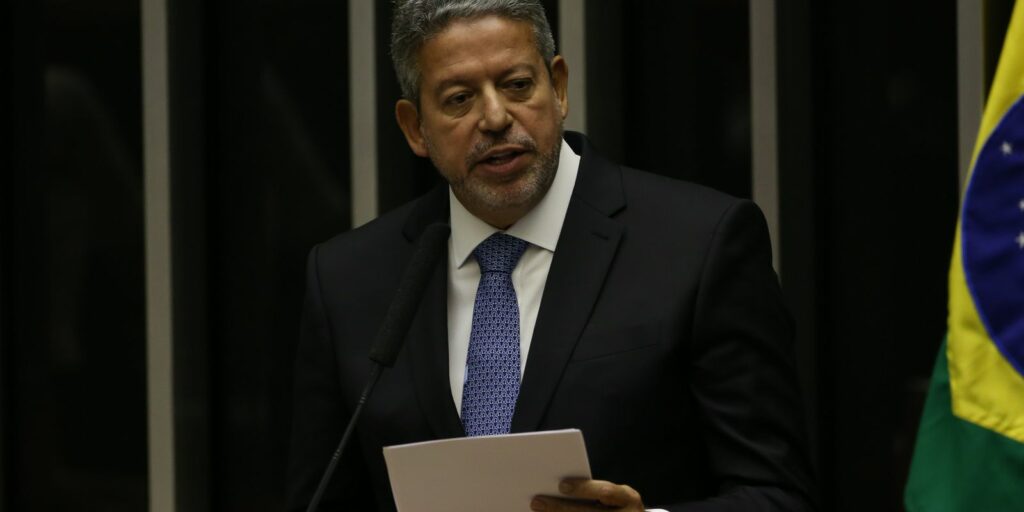The humanitarian organization Plan Internationalin alliance with a personal hygiene products company, promoted a television performance to raise awareness and reflect on the taboos of menstruation, as part of an international campaign that featured the model Sofía “Jujuy” Jiménez that generated a massive impact on social networks and managed to reactivate the public debate on menstrual health.
“Let’s normalize the normal” is an initiative carried out by the NGO and the Kimberly Clark Company, through its Kotex line of feminine hygiene productswhich aims to “inform, sensitize and raise awareness among vulnerable communities about menstruation, creating a positive, supportive and stigma-free environment,” the organization said in a statement.
The model known as “Jujuy” was invited to the television program A la Barbarossa, and while she was dancing, it was seen on camera that her pants were stained as a result of her menstruation.
Georgina Barbarossa, host of the cycle, covered her, asked for a break and told the young influencer that she had blood on her white pants.
Minutes later, again on the screen, a visibly embarrassed “Jujuy” apologized and other women at the table emphasized that she shouldn’t do it because it is “something natural” and that “happens to all women.”
On the morning of this Wednesday, once again invited to the Barbarossa program, The model spoke about the campaign and thanked “all the messages of support”while clarifying that what is important “It is marking the subject, raising it at the table and understanding that it is something that happens to all of us, it is the most natural thing”.
“I’m still in shock. I need to sincerely thank everyone who empathized with the situation I played yesterday (on Tuesday) on the Georgina Barbarossa show. I did nothing but put myself in the shoes of the majority of women who experience menstruation and who more than once feel ashamed, observed, judged FOR SOMETHING THAT IS NATURAL IN MOST OF US WOMEN,” the model wrote on her account. from Instagram.
This Tuesday, even before learning about the campaign, the repercussions on social networks did not wait and the situation became a trend with keywords such as menstruation, the name of the model, the program, the host, and with messages from I support “Jujuy”.
“No accident! What happened in #ALaBarbarossa is something that happens to all of us who menstruate once a month, for more than 40 years of our lives. Let us not be ashamed. Let’s stop hiding menstruation”published on Twitter the Minister of Women, Gender and Diversity, Ayelén Mazzina.
The official recalled the campaign that from the portfolio that she presides “promotes access to information and the menstrual cup in an equal manner.”
Therefore, since @MinGenerosAR We work on a line that promotes equal access to information and the menstrual cup. #MenstruatingIsPolitical
— Ayelén Mazzina (@AyelenMazzina) January 31, 2023
While the messages of support for the model increased, videos of similar situations that occurred in Peru, Bolivia and Mexico, starring artists who later confirmed that it was a performance, also began to be shared.
In Argentina, more than 12 million girls, adolescents, women, trans and non-binary menstruateaccording to a report carried out by the Ministry of Economy of the Nation and Unicef that warns that “the obstacles that they experience in accessing menstrual management products (wipes, tampons, cups or others), as well as the taboos around menstruation, have consequences on their health, education and well-being.”
Gender equality cannot be achieved if the taboos and myths surrounding the #menstruation prevent girls and women from participating fully in society.
See how the stigma of menstruation impacts girls and adolescents from #Argentinavia @UReportAr ?
— UNICEF ARGENTINA (@UNICEFargentina) February 1, 2023
Likewise, the document released in September 2022 specified that “menstrual management products (PGM) represent a cost for menstruating people, who are, in turn, the portion of society with lower income, higher levels of precariousness, unemployment and poverty”.
“Households with lower incomes are the ones that feel the greatest impacts, with girls and adolescents missing school or recreational activities, and women absent from their work spaces,” added the document proposing the entry. of these items to the various care pricing programs.
According to the U-Report Argentina survey Challenges “only 1 in 10 girls receive information about periods at school” and 3 in 10 “feel ashamed to buy period products”.
“We are committed to breaking the stigmas of menstruation to promote education and relevant information for our consumers; mobilizing efforts towards the eradication of misinformation ”, she said in dialogue with Télam Claudia Cassella, from the marketing area for categories of Female & Adult Care for Argentina, Paraguay and Uruguay of Kimberly-Clark.
“We believe that the first step towards equality is to promote a more open conversation on a subject that still generates discrimination and exclusion of girls and women: menstruation”, she added.
The directive remarked that “as a society, we have normalized very complex issues such as poverty, lack of education, but, at the same time, it is difficult for us to talk about natural issues such as menstruation.”
Some days ago, In the Bolivian program “La Batidora”, the influencer María René Pomacusi Añez simulated a situation similar to the one interpreted by “Jujuy”.
“I received many messages of support and empathy, but also others that tried to make me feel ashamed or humiliated by what happened, showing that in Bolivia menstruation is stigmatized as something negative,” the model noted in her defense.
In addition to the television interventions, which were also replicated in Peru and Mexico, the campaign consists of a WhatsApp chat called “Let’s talk without shame”; delivery of materials and kits for students, training material for teachers, and open workshops on new masculinities.
Legal framework in Argentina
In 2020, representatives of the Frente de Todos presented a bill to provide ecological, anti-inflammatory menstrual supplies and for menstrual health to be incorporated into sexual education.
Although there is still no national regulation, laws for equal access to menstrual management and health were enacted in Tucumán, San Luis, Catamarca and Chaco, and free PGM distribution programs and/or discounts on the purchase of these products were launched. in La Rioja and Misiones, and several municipalities in the country have similar plans.


















